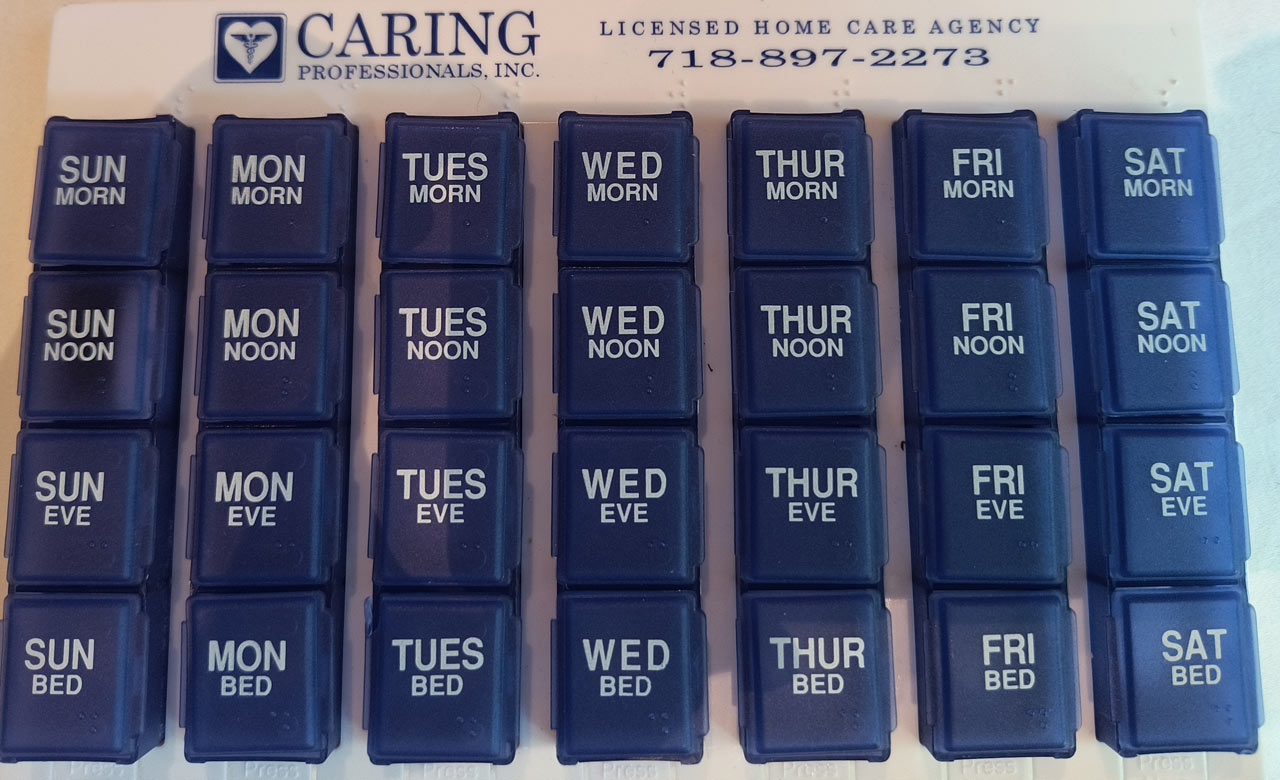Does My Spouse Need Outside Support?
Review the early signs to see if a home attendant or long term facility could support your family.
Debating care options for a loved one can be a heavy discussion. It’s good to remember that two parties are always involved and affected by deciding for or against care. Most of the focus usually falls on the person needing care, but their willingness to accept outside help has a direct impact on close family and friends who provide help too.
The U.S. Department of Health and Human Services has shared research that indicates Americans 65 and over will need long term care services at some point in their lives. Long term care is defined as some level of assistance to care for daily needs. Care can be provided by family in-home, or given at nursing home or places like adult care centers.
Signs for Individuals
For an individual needing care, the signs are often health and safety related. Although from an outward perspective it may seem obvious when a caregiver is needed, individuals can feel helpless or like their freedom is being compromised. This often keeps people hoping for improvement or hesitant to admit they need help.
It’s important to remember that physical, mental or medical help is all here to keep you safe, and help everyone live a happier and healthier life. This is especially important to us at Caring Professionals, and why we strive to find home health aides that truly improve a situation for both individuals and families.
In addition to keeping an open dialog with your doctor or other medical professionals, here is a list of basic things to look out for:
Food & Weight – Noticeable weight loss or diet changes can be troublesome. As well as cooked food that is frequently forgotten about, or spoiled food that is left in the fridge or cupboards on a regular basis.
Mental Changes – This includes things like a loss of interest in hobbies, mood swings or sleeping for most of the day. Forgetfulness associated with common tasks, skipping medication or missing appointments can also be red flags something has changed.
Physical Changes – Physical problems can manifest in movement, things like walking, standing up or balance. There can also be a noticeable decline in personal hygiene or overall cleanliness.
Neglectful Attitude – Beyond personal hygiene, people can also start to neglect common household responsibilities. Things like added clutter, piles of laundry, unopened mail, unpaid bills or unsafe driving should all be looked into.
Signs for Caregivers
While the health of a family caregiver is not usually the first thought, it is an important one. When a person who needs care refuses to seek help, the caregiving inevitably falls on the shoulders of a loved one. Yes, we love our loved ones, and in many cases are happy to help out and support their needs. But as we alluded to earlier in this article, small things can quickly snowball into situations that prove taxing for a family member, in more ways than one.
This list of warning signs can be very helpful to prevent a spouse or close family member from suffering health issues of their own. Remember, seeking help on either side–caregiver or not–can be the best way to help everyone involved.
Anxiety or Anger – This can happen when a caregiver feels frustrated about the current situation. Either like that can’t help enough or that their time and energy is being stretched too thin.
Defensive or Embarrassed – If a caregiver feels the innate need to help, they often also feel a need to defend their loved one. Sometimes embarrassment with their loved one’s condition can align with an individuals own embarrassment towards their needs. This embarrassment can often lead to the denial we’ve talked about.
Depression and Sadness – These emotions can be a result of multiple things. Sometimes caregivers feel upset they can’t provide enough care, and other times it comes from feelings of resentment that they’re giving up personal time they once had.
Physical Pain – Another sign that seems so obvious but can often go overlooked. The physical work involved with being a caregiver can be taxing, especially if that person is someone you live with, like an elderly spouse or adult child with needs. Ignoring seemingly small problems can lead to large issues, and possibly result in a caregiver needing care for themself.
When health or home needs come at a slower pace it’s often harder to make the decision to get outside help. One thing leads to another, and before anyone knows it a family member who started out running a few errands is now taking days off work to help cook meals and clean. That’s why the best way to approach this topic is before it’s necessary. Understanding the signs ahead of time can help you check in regularly, and make a plan to implement when the checklist starts to become reality. If you have any questions about levels of care, or need help understanding the process to have a caregiver help in your home, feel free to contact our team. Our commitment to care is for the whole family, and through every step of the process.






